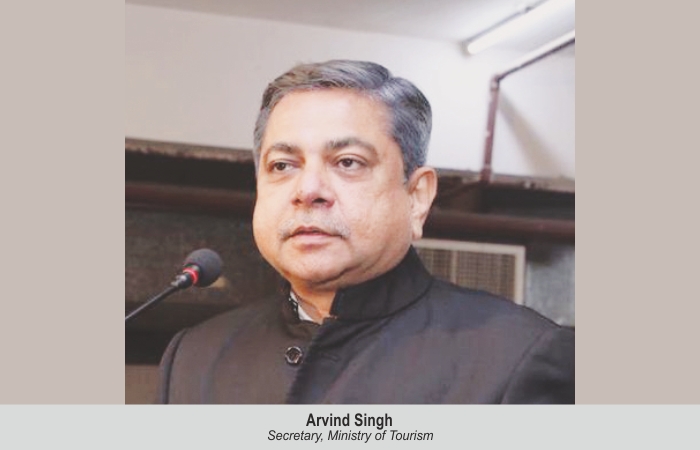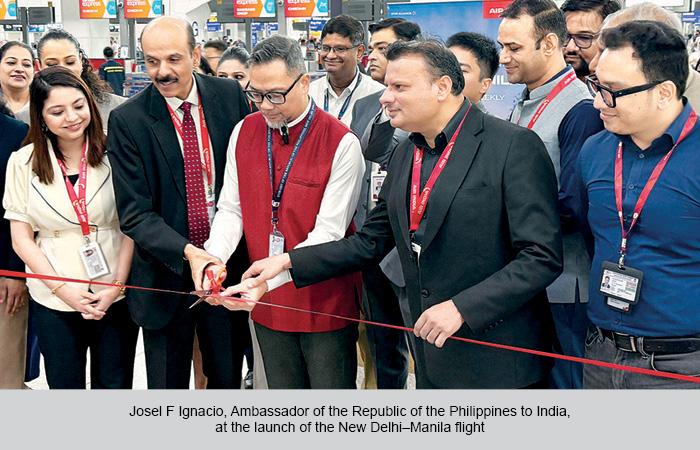Arvind Singh, Secretary, MoT, addressed tourism sector’s move towards sustainable practices. The perception is that the destinations must adopt a holistic approach to demonstrate sustainable development management, maximise social and economic benefits, minimize environmental impact and safeguard cultural heritage.
Janice Alyosius
Arvind Singh, Secretary, MoT, delivering the key-note address on the tourism sector’s move towards sustainable practices, said, “Tourism can be a driver of inclusive community development, contributing to resilience, inclusivity, and empowerment while safeguarding natural and cultural resources.”
The Global Sustainable Tourism Council, the world’s authority on establishing and administering sustainable travel and tourism standards, held a public webinar on ‘Unpacking Sustainable tourism in India through the lens of the GSTC Criteria’ to honor the launch of the GSTC India Working Group. Addressing the webinar, Singh said, “The GSTC standards are utilised in India and serve as a global benchmark for travel and tourism sustainability.”
The principles of sustainable tourism apply to all forms of tourism, instead to only specific forms of tourism, he said. However, eco-tourism and adventure tourism, which have the potential for promoting sustainable tourism, are the focal point of the national strategy. “We have drafted a roadmap for sustainable tourism, emphasising on adventure, sustainable, and eco-tourism. This will aid in realizing the potential of adventure and eco-tourism,” Singh said. Rural tourism, eco-tourism, adventure tourism, conservation tourism, community-based tourism, responsible tourism are aimed at strengthening sustainable tourism at the macro level, while providing tourism opportunities at the micro level.
The GSTC launched in 2010, is based on the global sustainable tourism counsels’ criteria. The perception is that destinations must adopt a holistic approach — demonstrating sustainable development management, maximising social and economic benefits, minimizing environmental impact of the destination, and safeguarding the cultural heritage of the local destinations.
The way the sector operates, will change economically in the next few years, and the option will be to select cautious vacation options that meet acceptable sustainability needs. “Various countries are imposing curbs on unsustainable travel, and we hope the global tourist industry will rise up to the challenge and adapt more sustainable methods, backed by policy,” he adds. As tourism is a state subject, they should formulate policies to promote tourism and implement conscious travel options, contributing to the emergence of acceptable sustainability standards. Many nations are adopting travel curbs for sustainable travel and working to adapt to new sustainable
practices,” Singh says.
 TravTalk India Online Magazine
TravTalk India Online Magazine





